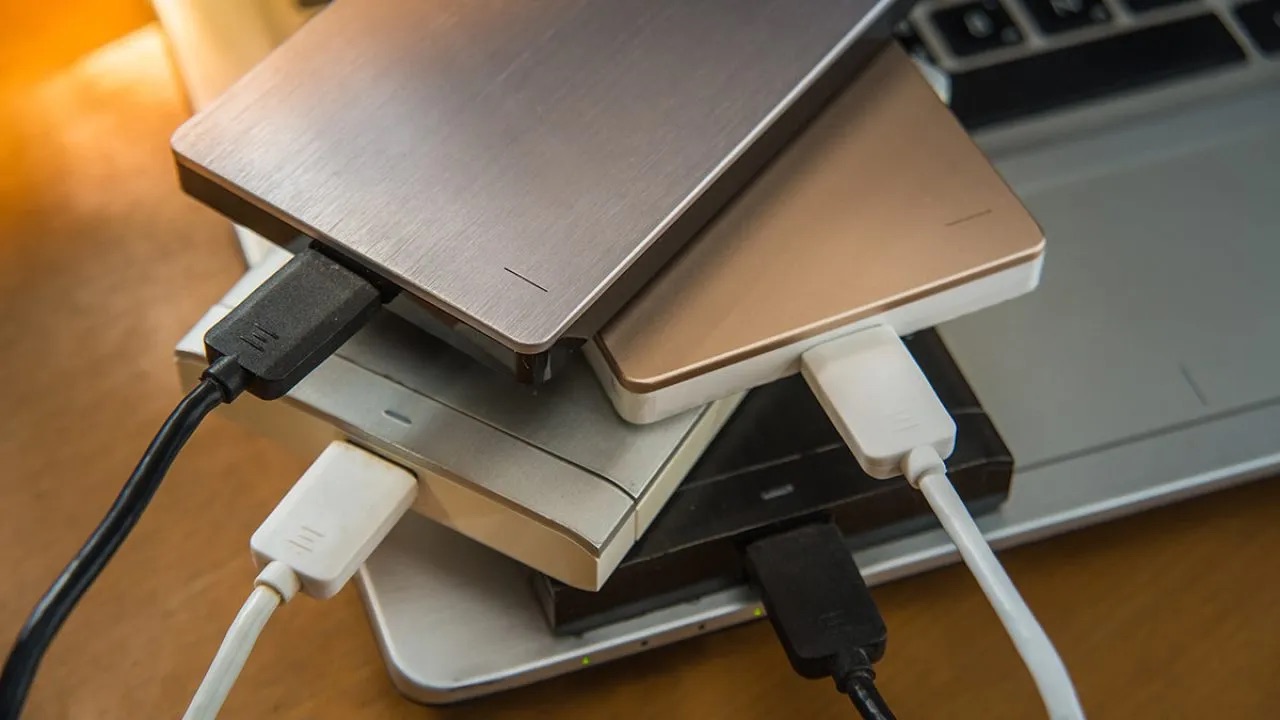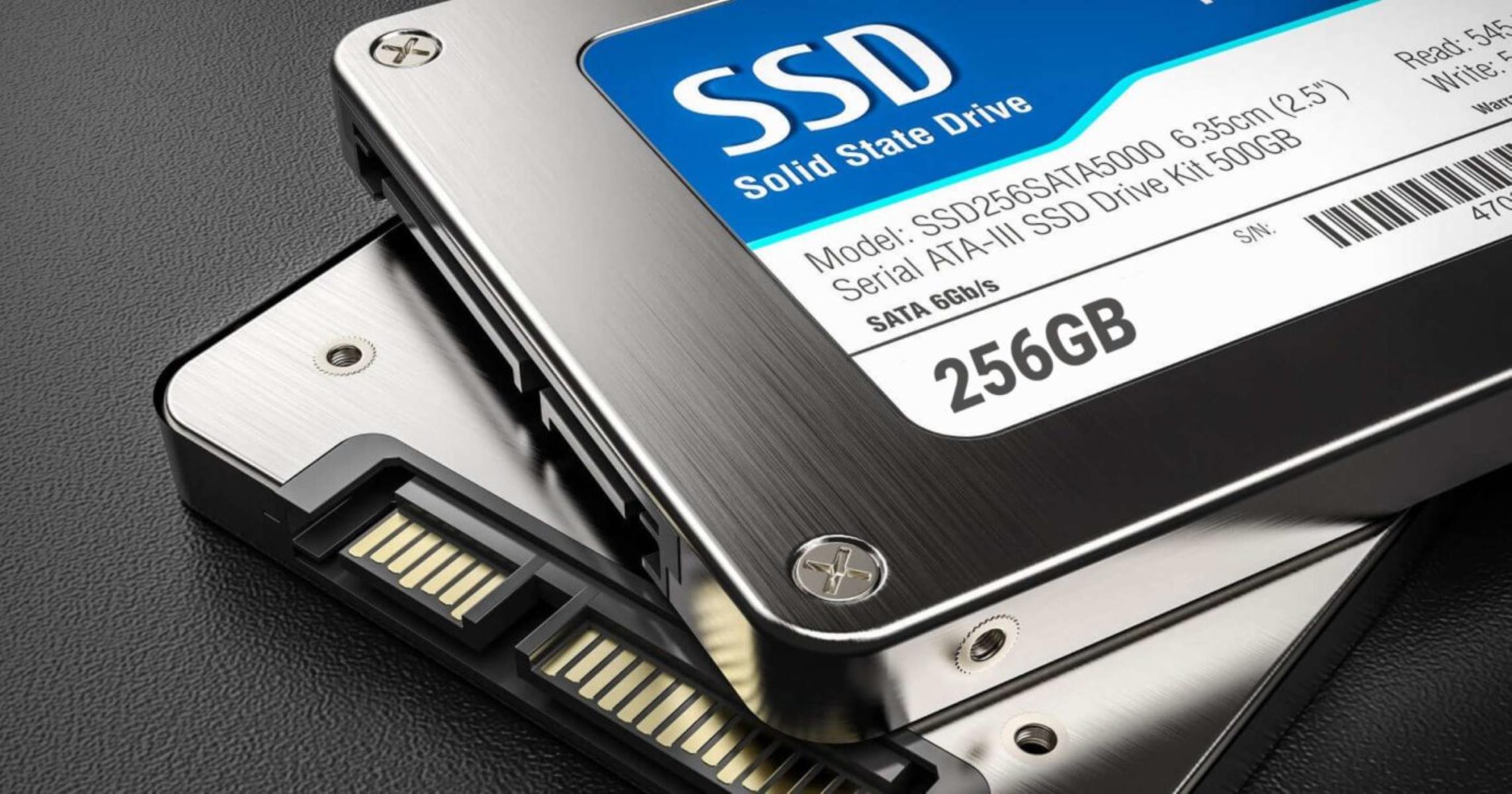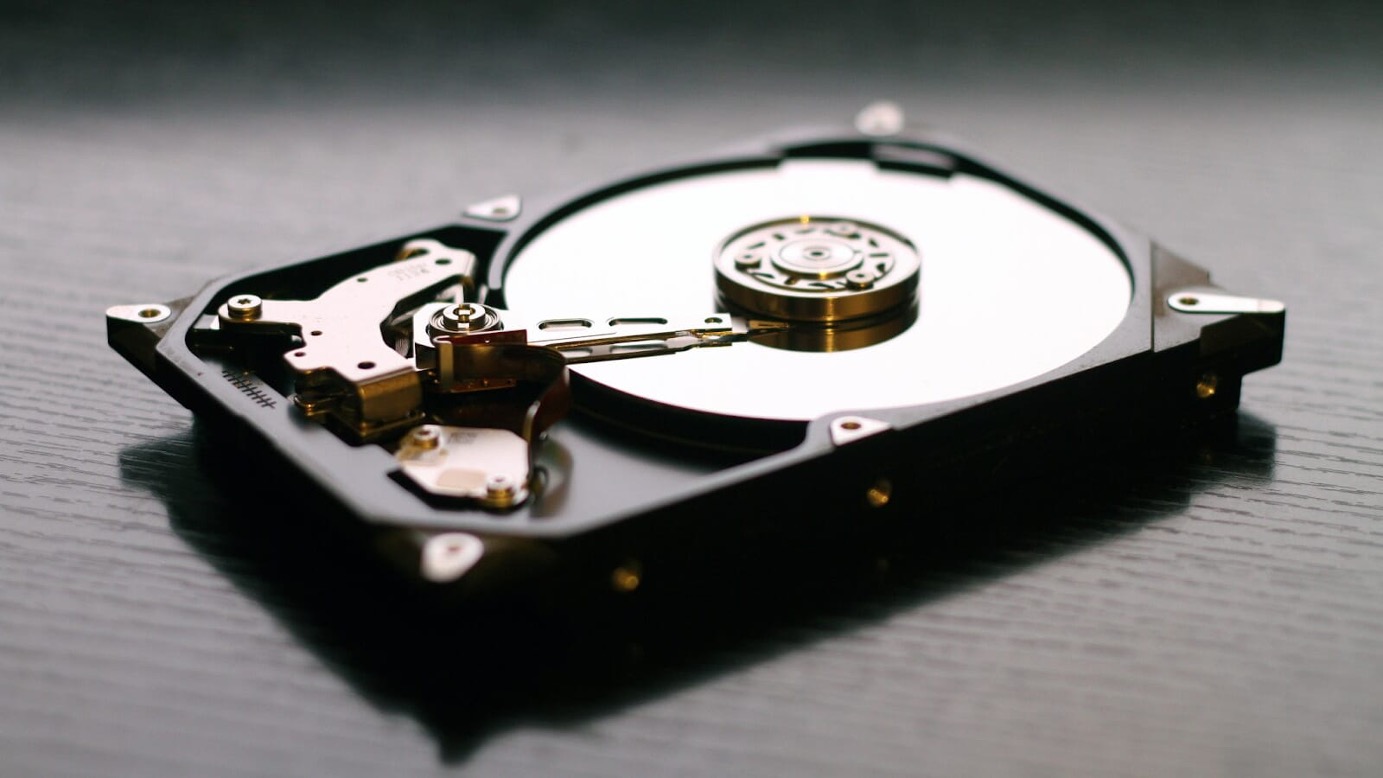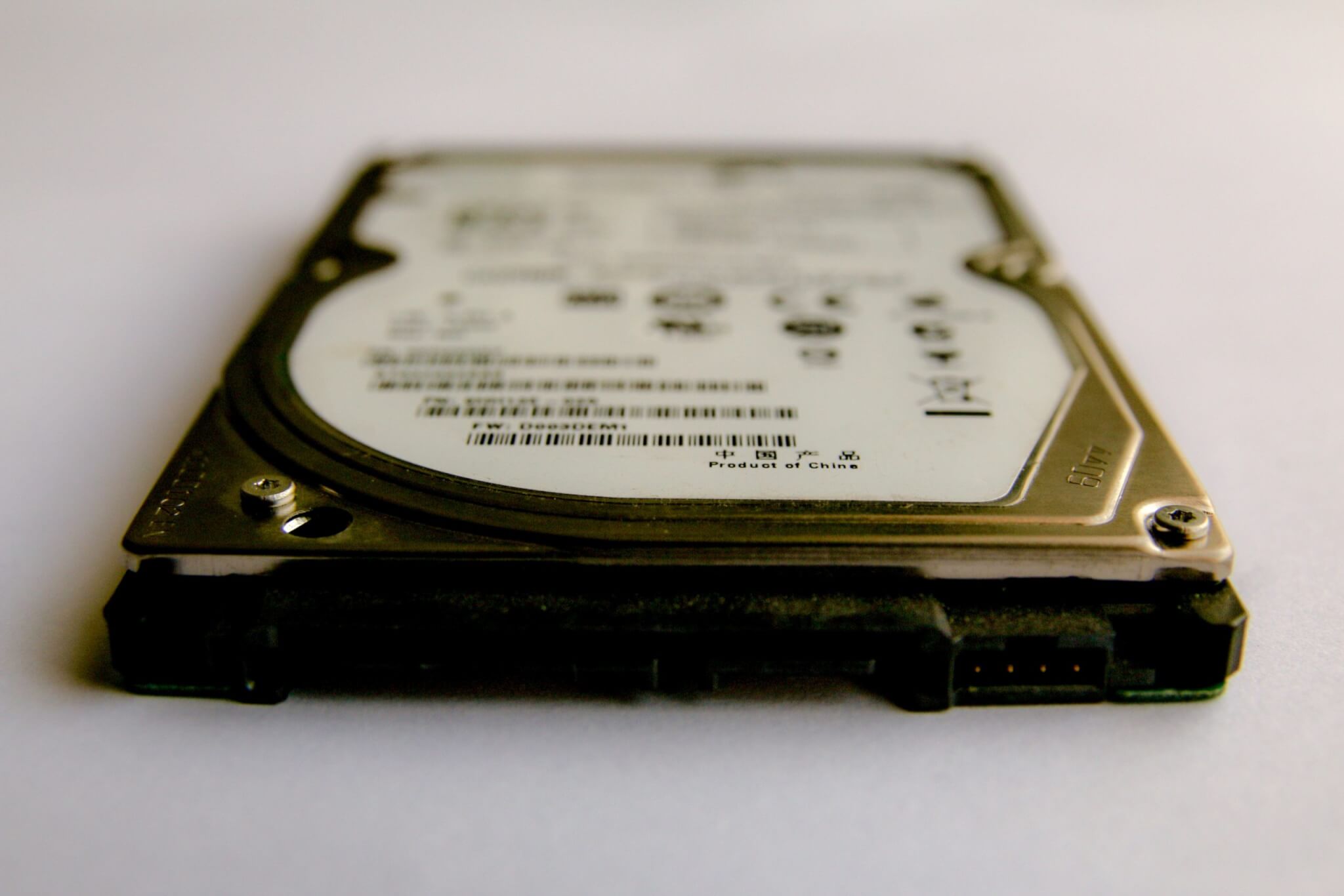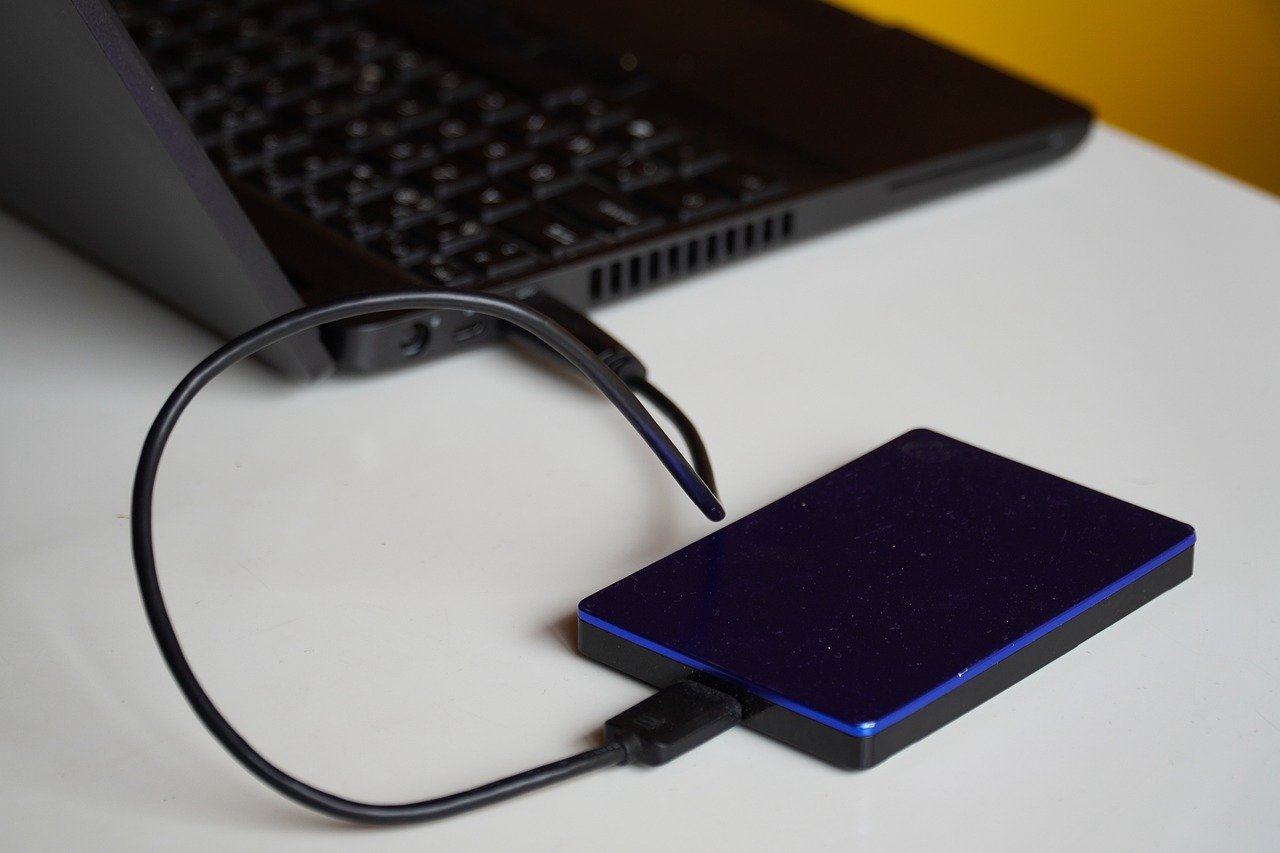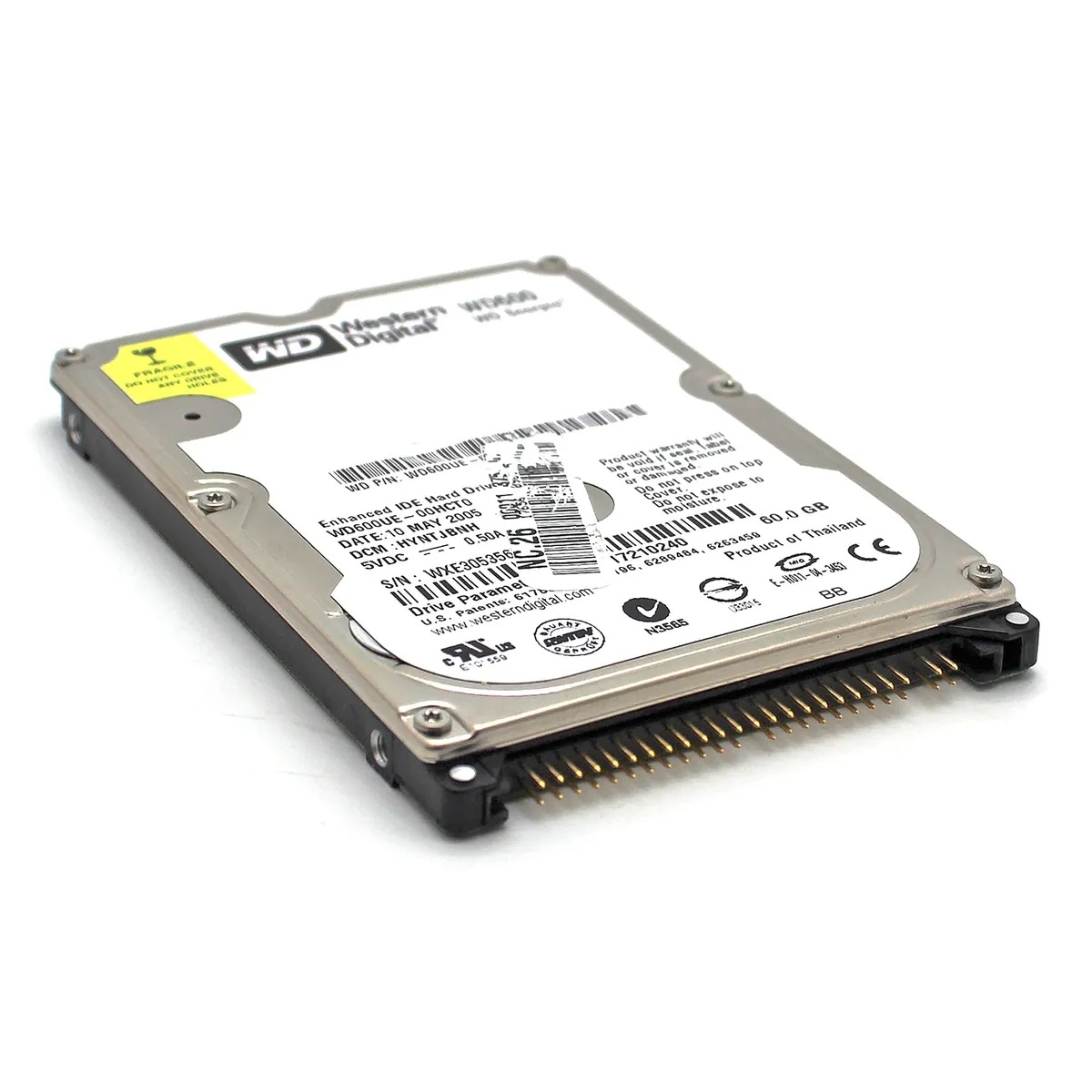Introduction
A hard disk drive (HDD) is a vital component of any computer system, responsible for storing and retrieving data. As technology continues to advance, it is essential to understand the lifespan of an HDD and the factors that can affect its longevity. Knowing how long an HDD should last can help users manage their storage requirements effectively and plan for future upgrades or replacements.
In this article, we will explore the various factors that can impact the lifespan of an HDD, discuss the average lifespan of these drives, identify the signs of a failing HDD, and offer tips on extending the lifespan of an HDD.
Understanding the lifespan of an HDD is crucial for both individual users and businesses. If your hard drive fails, you risk losing valuable data, including personal files, important documents, or even critical business information. By being aware of the lifespan limitations of HDDs, you can take precautionary measures to safeguard your data and ensure the smooth functioning of your computer system.
So, let’s unravel the mysteries surrounding HDD lifespan and equip ourselves with the knowledge needed to make informed decisions about our storage solutions.
Factors Affecting HDD Lifespan
The lifespan of a hard disk drive (HDD) can be influenced by various factors that impact its performance and durability. Understanding these factors can help you maximize the lifespan of your HDD and mitigate the risks of data loss. Let’s explore some of the key factors that can affect the lifespan of an HDD:
- Usage and workload: The amount of usage and workload that an HDD experiences can significantly impact its lifespan. Continuous heavy usage, such as running resource-intensive applications or frequently transferring large files, can put strain on the drive and shorten its lifespan.
- Operating temperature: High operating temperatures can have a detrimental effect on an HDD’s lifespan. Excessive heat can cause the components inside the drive to expand and contract, leading to mechanical failure or data corruption. It is important to ensure proper ventilation and cooling for your computer system.
- Power surges and outages: Power surges and sudden power outages pose a risk to the lifespan of an HDD. These events can cause data corruption or damage to the drive’s internal components. Using surge protectors and uninterruptible power supply (UPS) systems can help safeguard against such issues.
- Physical shock and vibration: HDDs are sensitive to physical shock and vibration. Dropping or mishandling a computer system can lead to hard drive damage, resulting in data loss. Transporting a computer system with an HDD requires caution and proper packing to minimize the risk of damage.
- Dust and debris: Accumulation of dust and debris inside a computer system can affect the performance and lifespan of an HDD. Dust particles can settle on the drive’s platters, causing read/write errors or mechanical issues. Regularly cleaning and maintaining your computer system can help prevent dust-related problems.
These are just a few examples of the many factors that can impact the lifespan of an HDD. It is important to consider these factors and take appropriate measures to ensure the optimal performance and longevity of your hard disk drive.
Physical Lifespan of an HDD
The physical lifespan of a hard disk drive (HDD) refers to the average amount of time an HDD can operate before experiencing a mechanical failure or reaching the end of its usable life. While there are no definitive timelines for HDD lifespan, several factors can give us an idea of how long they typically last.
One crucial component of an HDD is the spinning disk, or platter, where data is stored magnetically. The disks are made of robust materials that can withstand thousands of revolutions per minute (RPM). However, over time, the constant spinning and the friction of the read/write heads accessing data can lead to wear and tear. This wear affects the overall lifespan of the drive.
The mechanical components of an HDD, such as the motor and the actuator arm, also have a limited lifespan. These components are subject to regular use and movement, and eventually, they may wear out or suffer from mechanical failures.
On average, a well-maintained HDD can last anywhere from three to five years. However, this number can vary significantly depending on various factors, including usage patterns, workload, environmental conditions, and manufacturing quality. Some HDDs may last longer, while others may fail within a shorter timeframe.
It’s important to note that the physical lifespan of an HDD is not an exact science. Therefore, taking proactive measures to ensure the longevity of your HDD is essential. Regular maintenance, such as cleaning the system of dust and debris, avoiding physical damage, and monitoring temperature levels, can help extend the physical lifespan of the drive.
While HDDs have a limited physical lifespan, it’s essential to remember that data loss can still occur prematurely due to various factors, including accidental formatting, malware attacks, or electrical issues. Therefore, it’s crucial to regularly back up your data to minimize the risk of permanent data loss, regardless of the physical lifespan of your HDD.
Average Lifespan of an HDD
The average lifespan of a hard disk drive (HDD) refers to the typical amount of time an HDD can function without experiencing a significant failure. While it is challenging to provide an exact number for the average lifespan of an HDD, we can look at industry data and user experiences to get a sense of how long these drives typically last.
On average, an HDD can last anywhere from three to five years. However, it’s important to note that this is just an approximation, and individual results may vary. Some HDDs may last longer, surpassing the average lifespan, while others may fail prematurely.
Several factors contribute to the lifespan of an HDD. The usage patterns and workload placed on the drive play a significant role. HDDs that experience heavy usage, such as those in servers or gaming systems, may have a shorter lifespan due to the constant strain on the drive’s components.
Environmental conditions also influence the average lifespan of an HDD. High operating temperatures can accelerate the wear and tear of the drive’s internal components, potentially reducing its lifespan. Similarly, exposure to excessive dust and humidity can impact the performance and longevity of an HDD.
Manufacturing quality is another factor that affects the average lifespan of an HDD. Drives from reputable manufacturers with better quality control processes often tend to have a longer lifespan compared to lower-quality or poorly manufactured drives.
It’s important to note that an HDD can fail suddenly, even within its expected lifespan. This is why regular backups of your data are crucial, regardless of the age or perceived health of your HDD. Backing up your files ensures that you have a copy of your data in case of an unexpected HDD failure.
Ultimately, while we can estimate the average lifespan of an HDD, it is essential to monitor the health and performance of your drive regularly. Pay attention to any signs of degradation or issues, such as unusual noises, slow performance, or frequent errors. By being proactive and maintaining your HDD properly, you can potentially extend its lifespan and reduce the risk of data loss.
Signs of a Failing HDD
As a hard disk drive (HDD) nears the end of its lifespan, it may exhibit several warning signs indicating that it is failing or experiencing issues. Recognizing these signs early on can help you take appropriate action and prevent permanent data loss. Here are some common indicators that your HDD may be failing:
- Unusual noises: If you hear grinding, clicking, or repetitive ticking noises coming from your HDD, it could be a sign of mechanical failure. These noises indicate that the drive’s components are not functioning correctly and may require immediate attention.
- Slow performance: If your computer suddenly becomes slow and unresponsive, it could be due to an HDD issue. Frequent freezes, long boot times, and delays in accessing files or applications can be indications of a failing HDD.
- Error messages: When an HDD is failing, you may encounter frequent error messages while working with files or applications. These errors can include “disk read/write error,” “operating system not found,” or “corrupted file.”
- Frequent system crashes: If your computer experiences frequent crashes, blue screens of death (BSOD), or sudden reboots, it could be a sign of an HDD problem. These issues may indicate that the HDD is unable to reliably store or retrieve data.
- Disappearing or corrupted files: Files that suddenly go missing or become corrupted without any apparent reason can be attributed to HDD issues. If you notice files or folders disappearing or encountering errors when trying to access them, it’s important to back up your data immediately.
- S.M.A.R.T. warnings: The Self-Monitoring, Analysis, and Reporting Technology (S.M.A.R.T.) system is designed to detect and report potential issues with HDDs. If your computer displays S.M.A.R.T. warnings during startup or in diagnostic reports, it’s crucial to take them seriously and consider replacing or repairing your HDD.
It’s important to note that experiencing one or more of these signs does not guarantee immediate HDD failure. However, it is essential to address them promptly by backing up your data and consulting with a professional or your device manufacturer to assess the health of your HDD.
Remember, it is always better to be cautious and proactive when it comes to potential HDD failure. Regularly backing up your data will ensure that you have a copy of your important files in case of any unexpected issues.
How to Extend the Lifespan of an HDD
While hard disk drives (HDDs) have a limited lifespan, there are several measures you can take to extend their longevity and minimize the risk of data loss. By following these best practices, you can improve the performance and reliability of your HDD:
- Keep your system cool: Excessive heat can shorten the lifespan of your HDD. Ensure that your computer system has proper ventilation and cooling to prevent the drive from overheating. Consider using additional fans or cooling solutions if necessary.
- Avoid physical shocks and vibrations: HDDs are sensitive to physical shocks and vibrations, which can result in damage to the drive’s internal components. Avoid dropping your computer system or subjecting it to rough handling. When transporting your system, use appropriate packaging or shock-resistant cases to protect the HDD.
- Maintain a stable power supply: Power fluctuations and sudden power outages can cause data corruption or damage to an HDD. Use a surge protector to shield your system from power surges, and consider using an uninterruptible power supply (UPS) to provide backup power during outages.
- Keep your system clean: Dust and debris can accumulate inside your computer system, adversely affecting the performance and lifespan of your HDD. Regularly clean your system, including the air vents and fans, to prevent dust buildup. Consider using compressed air or a vacuum cleaner designed for computer cleaning.
- Minimize unnecessary strain: Avoid running resource-intensive applications or tasks that put excessive strain on your HDD. Such activities can increase the wear and tear on the drive’s components. Additionally, minimize unnecessary disk operations by reducing the number of read/write operations, defragmenting your drive regularly, and avoiding frequent disk scans.
- Regularly update firmware and drivers: Keeping your HDD’s firmware and drivers up to date can improve compatibility and performance while addressing any known issues or bugs. Check for updates regularly on the manufacturer’s website or utilize automated software tools for driver and firmware updates.
- Implement a backup strategy: Regardless of the measures taken, HDD failure can still occur. Implementing a reliable backup strategy is crucial to safeguard your data. Regularly backup your important files and documents to an external hard drive, cloud storage, or a network-attached storage (NAS) device. Consider using automated backup software to simplify the process and ensure regular backups.
By following these guidelines, you can significantly extend the lifespan of your HDD and reduce the risk of data loss. However, it is important to note that no HDD is immune to failure, and regular backups remain crucial for data protection.
Backup Strategies for HDDs
Implementing a reliable backup strategy is essential for protecting the data stored on your hard disk drive (HDD). HDD failure, accidental deletion, or malware attacks can result in permanent data loss if you don’t have a proper backup plan in place. Here are some key strategies to consider when backing up your HDD:
- Regular backups: Schedule regular backups of your HDD to ensure that all important files and documents are consistently backed up. This frequency can vary depending on your usage patterns and the criticality of the data, but aim to perform backups at least once a week or more frequently if needed.
- Multiple backup locations: Store your backups in multiple locations to minimize the risk of data loss. Consider using external hard drives, network-attached storage (NAS) devices, or cloud storage services. Having backups in multiple locations ensures that if one backup fails or is compromised, you still have other copies of your data.
- Automated backup software: Utilize backup software that offers automated scheduling and incremental or differential backups. These features allow you to schedule regular backups without manual intervention, and only backup the files that have changed since the last backup, reducing the backup time and storage space required.
- Versioning: Consider using backup solutions that offer versioning capabilities. Versioning keeps multiple copies of the same file, allowing you to revert to previous versions of a file if needed. This is particularly useful when dealing with accidental modifications or file corruption.
- Secure backups: Ensure that your backup storage locations are secure and protected. Encrypt your backups to prevent unauthorized access, and choose reputable and secure cloud storage providers that employ strong security measures, such as data encryption in transit and at rest.
- Test your backups: Regularly perform test restores to ensure that your backups are functioning properly. This ensures that you can successfully recover your data when the need arises. Test restores also help identify any issues with your backup process or storage devices early on.
- Offsite backups: Consider storing backups offsite in addition to local backups. Offsite backups protect your data from physical disasters, such as fires, floods, or theft. You can use cloud storage services or store backups in a different physical location, such as a relative’s house or a secure storage facility.
- Document your backup strategy: Keep documentation of your backup strategy, including the schedule, locations, and any additional considerations. This documentation serves as a reference guide and helps ensure that backups are performed consistently and accurately.
By implementing a comprehensive backup strategy that incorporates these practices, you can safeguard your data against HDD failures and other data loss events. Remember, having a reliable backup system is crucial for protecting your valuable files and ensuring peace of mind.
Conclusion
Understanding the lifespan of a hard disk drive (HDD) and implementing strategies to extend its longevity is essential for protecting your data and ensuring the smooth operation of your computer system. By considering factors that can affect the lifespan of an HDD, such as usage patterns, operating temperature, and power surges, you can take proactive measures to optimize its performance and durability.
While the average lifespan of an HDD ranges from three to five years, it’s important to remember that this is an approximation, and individual experiences may vary. Monitoring the health of your HDD and being aware of signs of failure, such as unusual noises, slow performance, or error messages, allows you to take the necessary steps to prevent data loss.
To extend the lifespan of your HDD, maintain a cool and clean environment, minimize physical shocks and vibrations, and ensure a stable power supply. Regularly updating firmware and drivers, as well as implementing a backup strategy, are additional measures that can help protect your data and mitigate risks.
Backup strategies, such as regular backups, storing in multiple locations, using automated software, and testing restores, are crucial for safeguarding your data. By following these recommendations, you can minimize the impact of HDD failures and other data loss events, ensuring that your important files and documents are secure and recoverable.
Remember, while HDDs have a limited lifespan, developing good habits, staying vigilant, and regularly backing up your data are key to mitigating the risks of data loss and maximizing the lifespan of your HDD.









